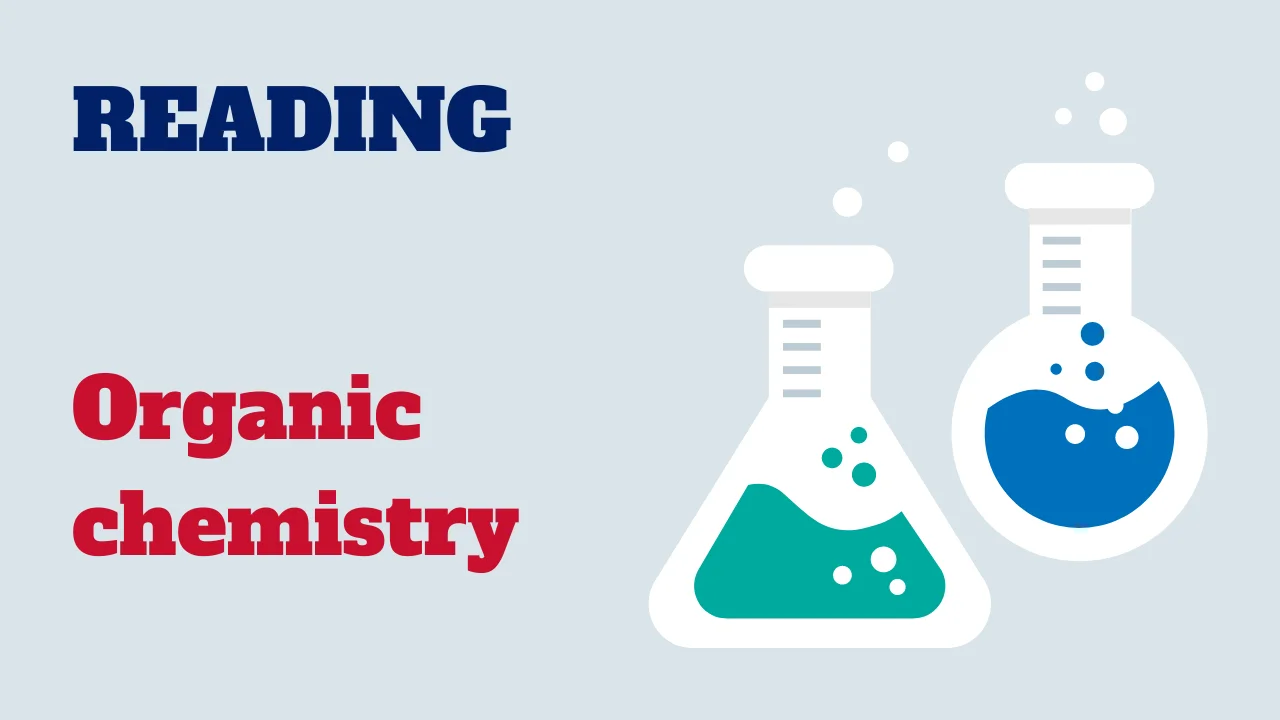Welcome to an investigation of organic chemistry, a fascinating subdiscipline within the field of chemistry. In this reading activity, we’ll delve into the study of organic compounds, their properties, reactions, and historical significance.

By understanding the foundational principles and key developments in organic chemistry, we can appreciate its vast applications and contributions to various industries.
Text: Organic chemistry
Organic chemistry is a branch of chemistry focused on the study of carbon-containing compounds, their structures, properties, compositions, reactions, and synthesis. Carbon’s unique ability to form stable covalent bonds with other carbon atoms, as well as with hydrogen, oxygen, nitrogen, and other elements, leads to a vast array of organic compounds, making organic chemistry a diverse and dynamic field.
The origins of organic chemistry can be traced back to the early 19th century when scientists began to systematically study compounds derived from living organisms. The pivotal moment came in 1828 when Friedrich Wöhler synthesized urea, an organic compound, from inorganic substances, challenging the belief that organic compounds could only be produced by living organisms. This breakthrough laid the foundation for modern organic chemistry.
Organic compounds are the basis of all known life on Earth. They range from simple molecules like methane (CH₄) to complex macromolecules such as proteins, nucleic acids, and synthetic polymers. These compounds are categorized based on functional groups, which are specific groups of atoms within molecules that confer particular chemical properties. Common functional groups include hydroxyl (-OH), carboxyl (-COOH), amino (-NH₂), and aldehyde (-CHO).
The study of organic reactions involves understanding mechanisms, which describe the step-by-step processes by which reactants transform into products. Key reaction types include addition, elimination, substitution, and rearrangement reactions. The ability to manipulate these reactions is fundamental to the synthesis of new organic compounds, which has profound implications in fields like pharmaceuticals, agriculture, and materials science.
Organic chemistry is pivotal in drug development, where it aids in the design and synthesis of new medications. It also plays a crucial role in the development of polymers, dyes, agrochemicals, and other industrial chemicals. Techniques such as nuclear magnetic resonance (NMR) spectroscopy, mass spectrometry, and chromatography are essential tools in the organic chemist’s arsenal, enabling the identification and analysis of complex organic molecules.
In conclusion, organic chemistry is a vital and expansive field of science that underpins much of modern technology and biological understanding. Its ongoing advancements continue to drive innovation and provide solutions to some of the world’s most pressing challenges, from health care to environmental sustainability.
Comprehension questions
Congratulations on completing the exploration of organic chemistry! By delving into its principles, historical developments, and interdisciplinary connections, you’ve gained insight into the significance of organic compounds in various fields. Remember to continue exploring the diverse applications and ongoing research in organic chemistry, recognizing its pivotal role in advancing scientific knowledge and technological innovation.



